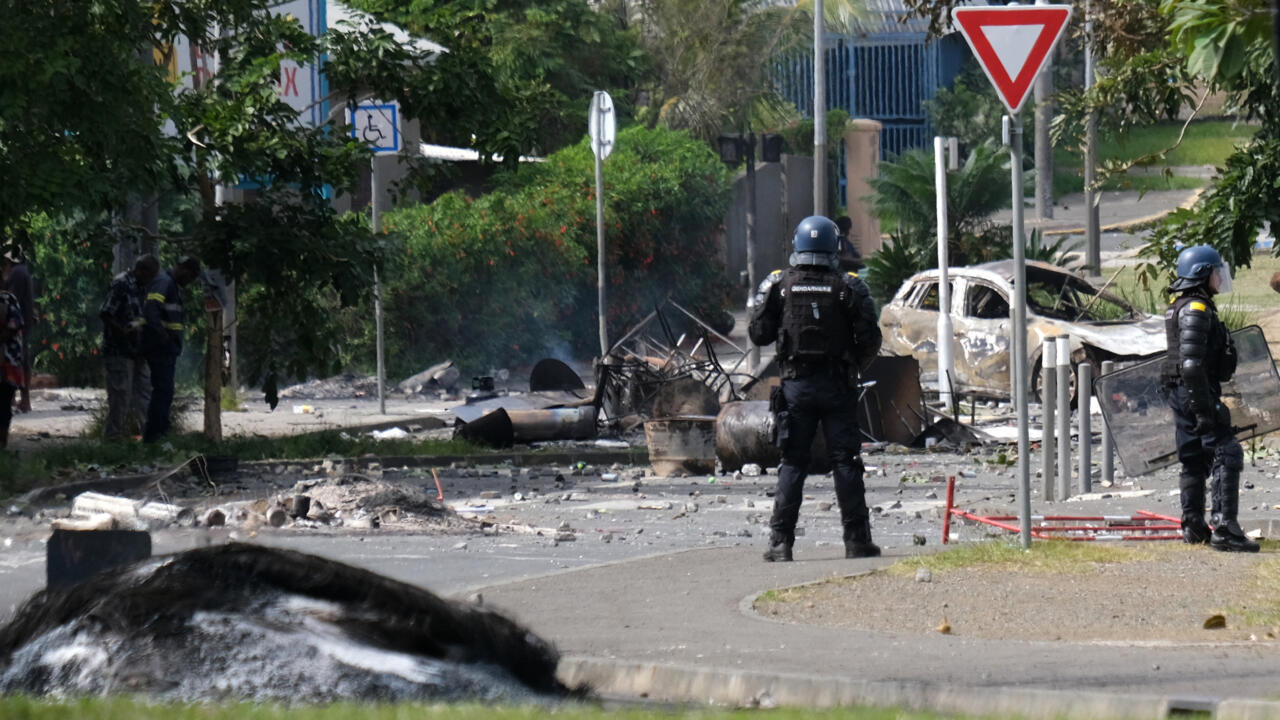
The international criminal court (ICC) at The Hague has issued arrest warrants for Russia’s ex-minister of defence and current army chief of staff for alleged war crimes in Ukraine after a missile campaign targeting Ukrainian power plants and other civilian infrastructure during the full-scale invasion.
Former Defence Minister Sergei Shoigu and the chief of the general staff of the Russian armed forces, Valery Gerasimov, stand accused of the war crimes of directing attacks at civilian objects and of causing excessive incidental harm to civilians or damage to civilian objects. They are also accused of crimes against humanity. The Hague issued warrants for their arrest, but they are unlikely to be able to serve them as the pair are in Russia, which is not a party to the ICC and has denounced the court. Ukraine is not a member of the ICC but has given the court jurisdiction to prosecute war crimes committed on its territory since 2022. Shoigu was removed as the minister of defence last month but has remained a senior government official as the head of Russia’s security council.
The International Criminal Court (ICC) has already issued arrest warrants for Russian President Vladimir Putin and the country’s human rights commissioner, Maria Lvova-Belova, for their alleged role in forcibly taking Ukrainian children to Russia. Some of these children have been adopted by Russian officials or even placed for adoption using false information.
In response to the ICC’s latest warrants against former Russian Defense Minister Sergei Shoigu and current army chief Valery Gerasimov, Ukrainian President Volodymyr Zelenskyy stated that this action clearly shows that justice for Russia’s crimes against Ukraine is unavoidable. He emphasized that anyone involved in planning and carrying out attacks on Ukrainian civilians will be held accountable. Zelenskyy expressed his hope for more arrest warrants to be issued, ultimately aiming to hold Russia responsible for its actions and prevent any future sense of impunity.